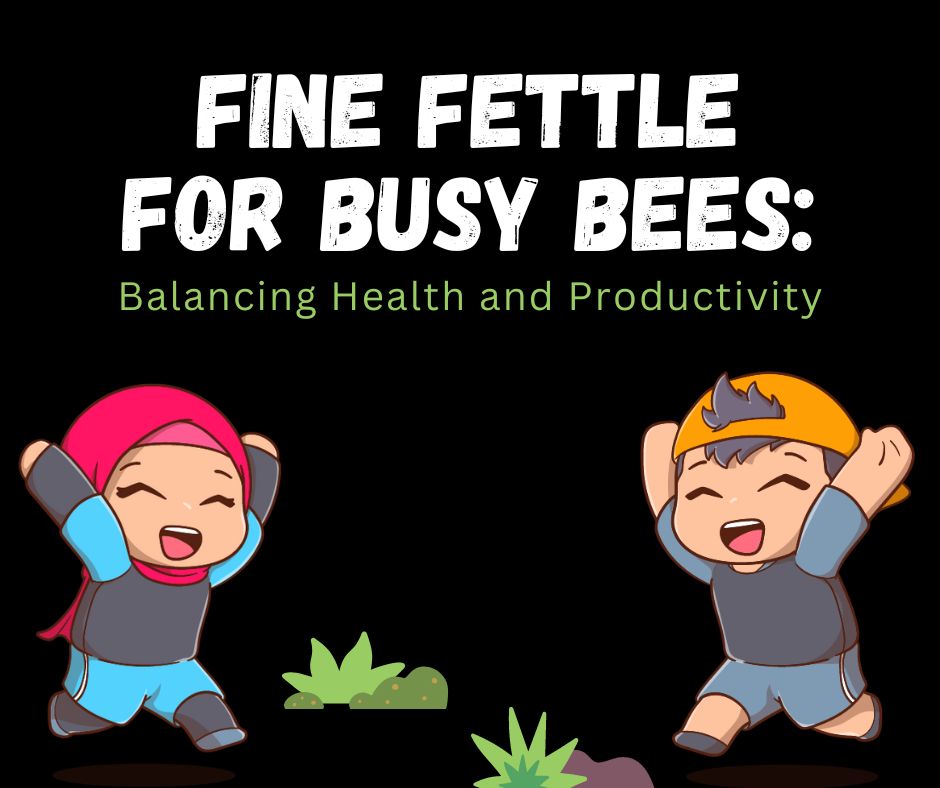
Introduction
The American Institute of Stress claims:
- 33% of people say they are extremely stressed out.
- 77% of respondents report having stress that negatively impacts their physical health.
- 73% of people report having stress that is bad for their mental health.
- Stress causes 48% of adults to suffer sleep issues.
- Unfortunately, stress levels are increasing rather than decreasing for nearly 50% of all Americans.
Although stress is a major issue in the United States, its negative effects are not limited to that country.
The following industrialized nations have reported the following information about stress:
- 91% of Australians report feeling anxious about one or more significant aspects of their lives.
- About 450,000 workers in Britain believed their stress levels were making them ill
- 86% of Chinese workers report stress.
From the above statistics, we can understand the impact of stress around the globe, and this reminds us of the importance of various stress management techniques and tricks. These can help relieve stress and lead a healthy and peaceful life.
Listed below are the various stress management techniques and tricks to relieve or reduce stress.
Be Active
Consistently moving your body can be therapeutic if you’re stressed.
In a 6-week study involving 185 university students, aerobic exercise on two days a week significantly decreased both total perceived stress levels and perceived stress levels brought on by uncertainty.
Additionally, self-reported depression was dramatically reduced by the exercise program. Numerous other research has shown that physical activity boosts mood and reduces stress while being inactive worsens mood, worsens stress levels, and interferes with sleep.
It has also been demonstrated that regular exercise reduces the signs of prevalent mental health illnesses like anxiety and depression.
Start out slowly if you aren’t already active, perhaps with some riding or walking to reduce stress.
Maintain a Balanced Diet
Although they may temporarily reduce stress, caffeine, nicotine, and alcohol all have detrimental effects on health and may even make stress worse over the term.
You will become healthy if you consume fewer meals and beverages that have undergone considerable processing. Try including more whole foods like fruits, vegetables, legumes, seafood, nuts, and seeds. Consequently, you can become more resistant to stress as a result.
Reduce Screen and Phone Time
Limiting smartphone usage can play a beneficial role in relieving stress.
Research suggests that excessive smartphone usage is linked to higher levels of stress. Constant exposure to notifications, social media, and other digital distractions can contribute to feelings of overwhelm and anxiety.
By reducing the time spent on smartphones, individuals can create healthier boundaries and establish healthier relationships with technology. This can lead to reduced stress levels and improved overall well-being.
Instead of relying heavily on smartphones, it is important to engage in activities that promote relaxation, such as spending time outdoors, practicing mindfulness, or engaging in hobbies that provide a break from screen time.
Better Sleep
Getting a good night’s rest plays a vital role in effectively managing stress. When we prioritize and achieve better sleep, it greatly contributes to our overall stress levels.
Adequate sleep allows our bodies and minds to recharge, leading to improved resilience and better coping mechanisms. It enhances our ability to handle daily challenges with a clearer mindset and increased emotional stability.
Additionally, quality sleep promotes optimal cognitive function, aiding in problem-solving and decision-making abilities, which are essential in stress management. By understanding the importance of good rest and following healthy sleep habits in our routines, we can significantly improve our ability to manage and reduce stress levels.
Play Some Songs
Listening to music is a powerful tool for effectively managing stress. Engaging in this enjoyable activity has a profound impact on our stress levels. When we tune in to our favorite songs or calming melodies, it creates a soothing and therapeutic experience. Music has the ability to transport us to a more peaceful state of mind, relieving tension and promoting relaxation.
It can also serve as a form of emotional release, allowing us to express and get control over our feelings. By incorporating music into our daily routines, we can harness its therapeutic benefits and effectively relieve stress, improving our overall well-being.
Discuss it With a Buddy
Engaging in conversations with friends is a valuable method for effectively managing stress. When we have deep conversations with our friends, it helps in reducing our stress. Having meaningful discussions allows us to express our thoughts, emotions, and concerns, providing a sense of relief and support.
Friends offer a listening ear, empathy, and perspective, which can help us gain insights and find solutions to our stressors. Knowing that we have a trusted network of friends to lean on during challenging times can relieve stress and foster a sense of connection and belonging.
By having these friendships and maintaining good relationships, we can manage our stress better and increase our overall health.
Make Light of Laughter
Embracing laughter as a coping mechanism is a valuable strategy for effectively managing stress. When we find humor in challenging situations and choose to laugh it off, it has a profound impact on our stress levels.
Laughter serves as a natural stress buster, triggering the release of endorphins that promote feelings of joy and relaxation. It helps shift our perspective, allowing us to sense things in a lighter, more positive way.
By embracing lightheartedness and finding moments of laughter, we can alleviate stress, improve our mood, and cultivate resilience. Incorporating humor into our daily lives empowers us to navigate stress with greater ease and promotes overall well-being.
Practice Mindfulness
Engaging in the practice of mindfulness is a valuable approach for effectively managing stress.
We can significantly reduce stress levels by intentionally focusing our attention on the present moment without judgment. Mindfulness teaches us to be conscious of our ideas, feelings, and body sensations, making us observe them without fear.
This practice develops inner peace and strength by providing a sense of serenity, clarity, and acceptance.
Deep breathing, meditation, and body scans are examples of regular mindfulness exercises that serve to regulate our nervous system and promote calm. By adding mindfulness into our lives, we can reduce the level of mental stress we undergo daily.
Conclusion
In conclusion, adopting healthy stress management techniques is vital for finding relaxation and maintaining a state of well-being in our lives.
Remember, by adopting healthy stress management techniques and making them a part of our daily routines, we can lead happier, healthier lives. So, let’s prioritize self-care and find relaxation amidst the chaos to ensure we are in fine fettle.
Don’t miss out on valuable health and fitness tips, insights, and updates that can help you lead a healthier lifestyle. Follow Fine Fettle, the #1 health and wellness blog.
Disclaimer: The information provided in this article is for educational and informational purposes only. It is not intended as a substitute for professional advice or medical guidance.




